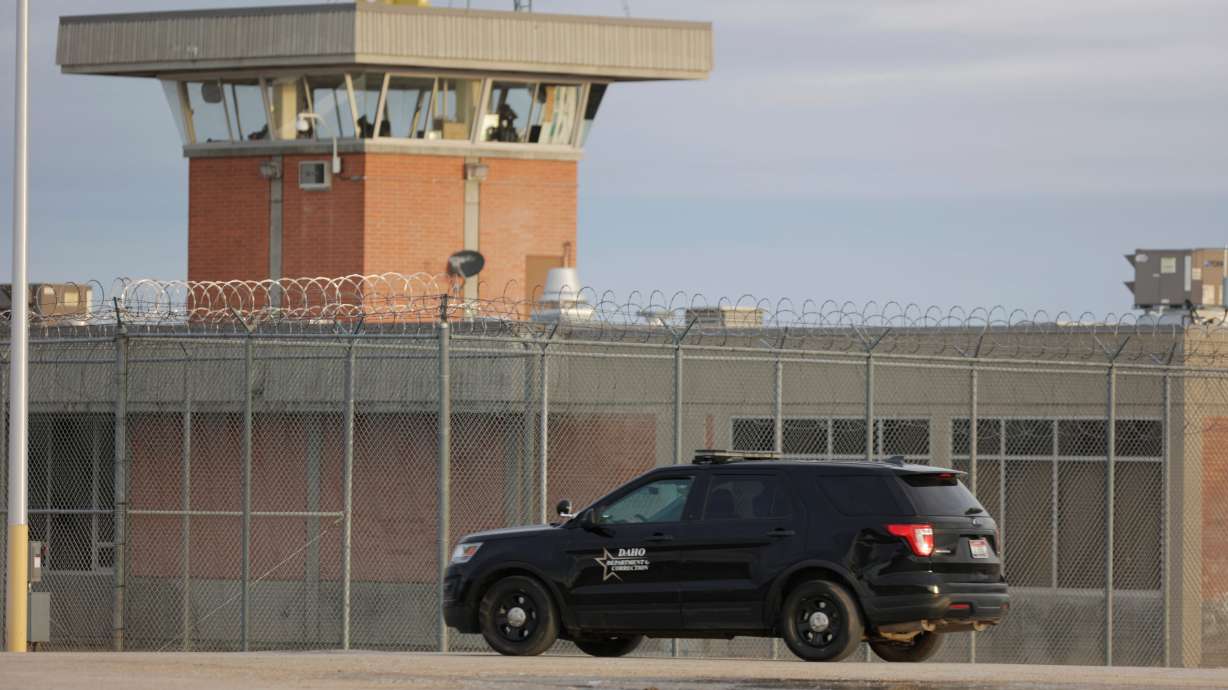Estimated read time: 4-5 minutes
- Idaho expands the death penalty to include child predators.
- The bill allows judges to impose death penalty for lewd conduct with children under the age of 12.
- The new law is expected to face legal challenges.
SALT LAKE CITY — The state of Idaho recently passed a bill that was signed into law that would expand the death penalty to pedophiles. It also became the first state in the union to make a firing squad its preferred method of execution in modern times.
The bill, HB380, now grants a judge or jury the ability to factor in the death penalty when crimes involving lewd conduct to a child under the age of 12 are proven in a trial. State law initially only allowed the death penalty in first-degree murder cases with aggravating circumstances.
A mandatory minimum sentence of 25 years imprisonment, with a possible maximum term of life, may be imposed if the defendant is found guilty of kidnapping the victim or participating in human trafficking "during the commission of or to accomplish the lewd conduct," according to the bill's language, strengthening punishments for other convictions where obscene behavior against a minor — aged 16 and younger — was confirmed but didn't meet death penalty eligibility.
The Idaho Legislature nearly passed the bill unanimously. Only five senators opposed it during its bill cycle.
Cosponsored by Rep. Bruce Skaug, R-Nampa, and House Assistant Majority Leader Josh Tanner, R-Eagle, in the bill's statement of purpose, the lawmakers stated that Idaho is too lenient in terms of penalizing convicted child molesters. Skaug said in a House Judiciary, Rules and Administration Committee meeting that HB380 "establishes a strong deterrent, making it clear Idaho will not tolerate these offenses."
Idaho Gov. Brad Little agreed. After signing the bill into law last week, Little issued a detailed statement on Tuesday regarding his reasons for approving HB380.
"Just like capital murder destroys lives, aggravated sexual abuse of a young child devastates victims and families for generations. The sexual abuse of children is sickening and evil, and perpetrators convicted of these crimes deserve the ultimate punishment," he said, expressing gratitude to the Legislature "for strengthening Idaho's already powerful 'tough on crime' reputation among the states."
Idaho expects legal challenges
In 2008, the U.S. Supreme Court ruled out the death sentence for child rape in a 5-4 decision. The justices concluded that it was "not a proportional punishment for the rape of a child" and that it violated the Eighth Amendment's ban on cruel and unusual punishment, as former Justice Anthony Kennedy stated, according to The New York Times.
The decision stemmed from the case Kennedy v. Louisiana, where a Louisiana court found Patrick Kennedy guilty of raping his 8-year-old stepdaughter. The state Supreme Court upheld the district court decision to pursue the death penalty, ultimately leading Kennedy to appeal to the U.S. Supreme Court, where its decision was made.
In the past two years, both Tennessee and Florida have passed death penalty laws involving child rape cases.
Rep. Skaug told lawmakers during a committee meeting that he believes the U.S. Supreme Court would rule differently today if the constitutionality of HB380 was brought before them, per Idaho Capital Sun.
"You can say, 'Well, that's unconstitutional, Bruce. Why would you bring that?' Well, it was — according to a 5-4 decision in 2008. I don't think that would be the case today," Skaug said. "That's my professional opinion. That's the opinion of many other attorneys."
Is firing squad common?
There are currently eight men and one woman on death row in Idaho, and only three executions have taken place in the state since 1977.
Idaho, South Carolina, Oklahoma, Mississippi and Utah are the only states that authorize firing squads as a form of capital punishment.
Idaho's recent change in laws to establish a firing squad as its primary execution method occurred less than a week after three volunteer prison employees in South Carolina executed Brad Sigmon, 67, for the 2001 murders of his girlfriend's parents — marking the first use of a firing squad in 15 years.
Until Sigmon's death, Utah was the last to perform capital punishment by gunfire in 2010 — Ronnie Lee Gardner was executed for shooting and killing an attorney while trying to escape from a Salt Lake City courthouse. He became the third death by firing squad in the state since a nationwide moratorium on the death penalty was lifted in 1976.
Death by shooting as a form of capital punishment has been the fate of more than 140 inmates since 1608, though it's unclear how many were firing squads, according to The New York Times. Of those, 40 occurred in Utah, more than any other state.










